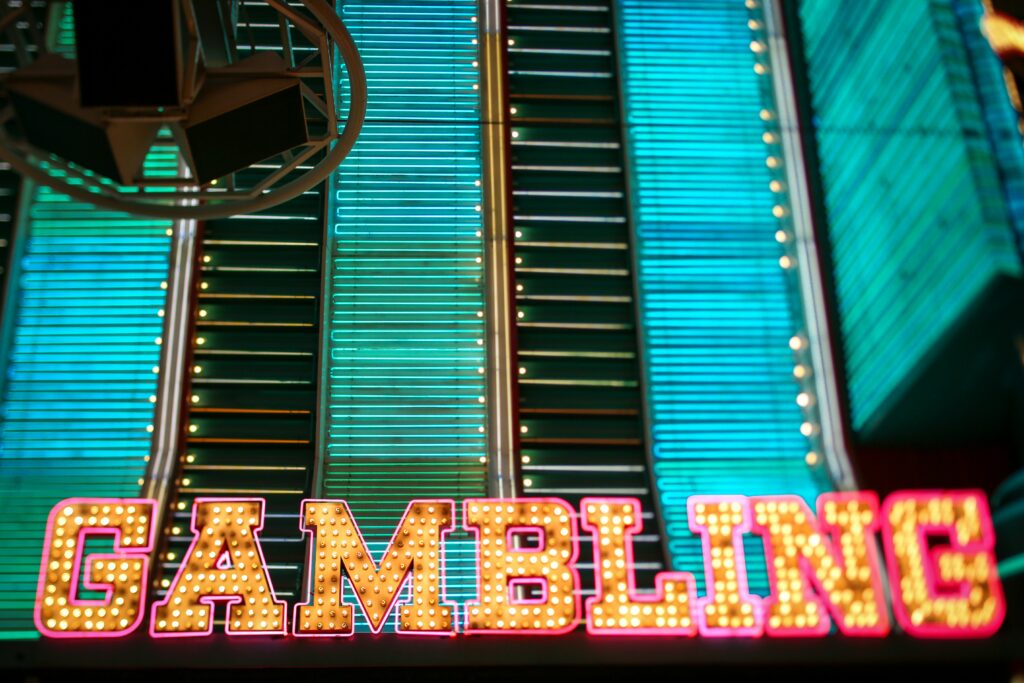What Is Self-Exclusion?
Self-exclusion is a voluntary action that allows individuals to restrict their access to gambling platforms, tools, and locations. It’s a proactive step designed to help people manage their gambling behavior by setting clear boundaries.
What It Means
- Self-imposed ban from gambling activities
- Not forced—completely voluntary and user-initiated
- Intended as a protective measure for individuals at risk
Where It’s Available
Self-exclusion tools are becoming more accessible across a range of environments:
- Online Gambling Platforms: Includes casinos, sportsbooks, and betting apps
- Physical Gambling Venues: Casinos, betting shops, and gaming lounges
- Hybrid Models: Some services offer joint exclusion from online and offline platforms
Types of Self-Exclusion
There isn’t a one-size-fits-all option. Programs typically offer several durations:
- Short-Term Exclusion: Ranges from 24 hours to a few months—ideal for temporary support
- Long-Term or Permanent Exclusion: Lasts a year or more, often with the option to renew or make permanent
These options provide flexibility, allowing individuals to choose what best supports their recovery or self-management goals.
Builds Mental and Emotional Clarity
When you remove the constant noise of gambling—bets, odds, decisions—you give your brain a break. Self-exclusion forces space between you and the habit, and in that space, clarity starts to return. You stop being reactive and start thinking straight again.
Without the pressure of daily urges or the flood of triggers, decision fatigue cools down. That creates room for reflection. Patterns that were invisible before become obvious. Why were you gambling in the first place? What did it cost emotionally, not just financially? These questions get harder to ignore when the noise is gone.
This break also helps re-establish personal boundaries. You’re no longer running on impulse—you’re choosing to step back. That act of self-discipline, small as it might feel at first, is critical. Over time, it reinforces your ability to say no—to gambling and to other habits that don’t serve you.
How to Get Started with Self-Exclusion
Starting a self-exclusion program is surprisingly straightforward. Most platforms ask you to fill out a digital form, which typically includes some basic personal info, identity verification, and your preferred exclusion length. This could range from a few weeks to permanent bans, depending on what feels right for where you are.
Many regions have national self-exclusion databases. Think GAMSTOP in the UK, Spelpaus in Sweden, or Australia’s BetStop. Once you’re registered, licensed operators in that jurisdiction are required to block your access. It’s broad, and it works.
In places without a centralized system, look for casino-specific tools. Most reputable online gambling sites offer their own opt-out functions. These are usually found in your account settings—easy to miss but effective once triggered. For those using physical venues, you may need to sign up on-site or via a regional regulator.
Sticking to self-exclusion gets easier with backup. Tech helps—blocking software like Gamban or BetBlocker stops access cold. But human accountability matters too. Tell someone you trust; involve a counselor. Turning self-exclusion from a solo act into a shared commitment can make the difference between a slip and a real shift.
Important Considerations
Let’s be clear—self-exclusion isn’t a magic fix. It’s a strong move, but it works best when paired with other supports like therapy, counseling, or peer groups. Think of it as a solid lock on the door, not the foundation of the house. Real recovery tends to need more than just one tool.
Some users will try to get around the system. New email addresses, different accounts, sneaky workarounds—they happen. That’s why backing up self-exclusion with real-world accountability (like a therapist who checks in or a friend who knows your triggers) tends to work better over time.
Still, for many, this is the first serious push toward change. It buys space—mental, emotional, and financial—to breathe again. And that breathing room can be the start of something better. No fluff, no gimmicks—just a boundary that says: I’m ready to try a different path.
Additional Resources
Creating a safer, more stable relationship with gambling often requires a multi-layered approach. Self-exclusion is a powerful first step, but it works even better when combined with practical tools and professional support.
Tools That Help Reinforce Positive Habits
- Budgeting Apps & Financial Tracking
Understand your spending patterns and regain control over your finances using basic tools like budgeting apps or debt trackers.
- Therapy Tailored to Gambling Behavior
A qualified therapist can help address the psychological patterns behind gambling. Look for professionals who specialize in addiction or behavioral therapy.
- Peer Support and Community Networks
Group-based support, such as Gamblers Anonymous or online forums, can provide the empathy and accountability needed along the journey.
Learn More: Practical Guidance
For actionable advice on maintaining healthier habits and avoiding relapse, explore the following resource:
Practical Tips to Prevent Gambling Addiction
This guide includes strategies for stress management, habit replacement, and other long-term behavioral changes that compliment self-exclusion practices.
Final Thoughts
Self-exclusion isn’t waving a white flag—it’s recognizing what you need and taking action. It’s not always easy to admit when something’s no longer working in your favor, but that kind of self-awareness is a strength, not a weakness.
Whether you lock yourself out for a few months or opt for something longer, stepping away gives you space. Space to breathe, regroup, and rethink how gambling fits—or doesn’t fit—into your life. When the noise dies down, the clarity shows up.
The truth is, a single decision today can shift the trajectory. You’re not committing to forever—you’re just choosing to take control for now. The long game starts one move at a time. This is one of those moves.
















































































































































































































































































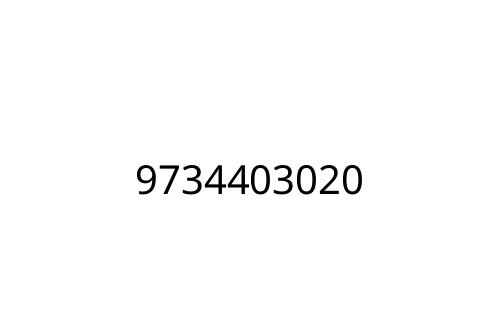

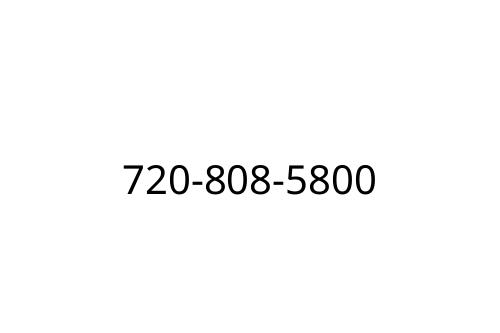

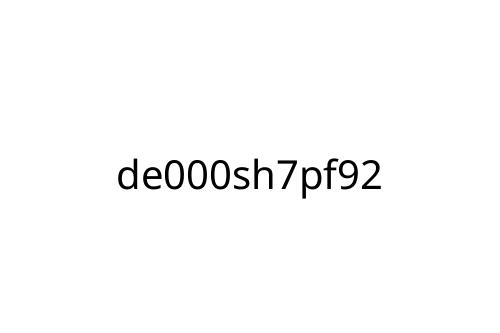
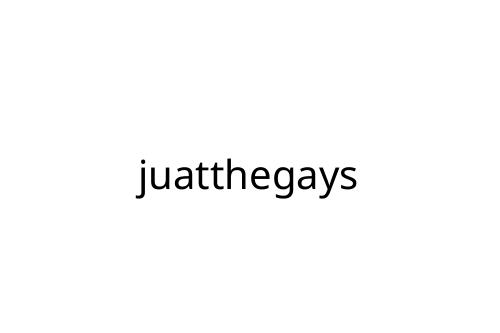



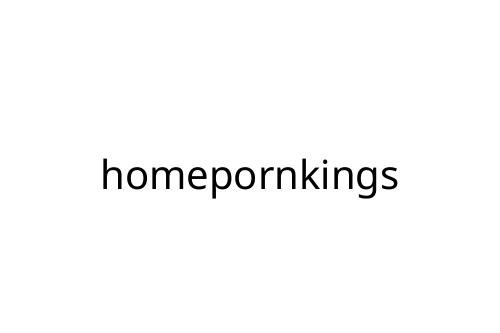
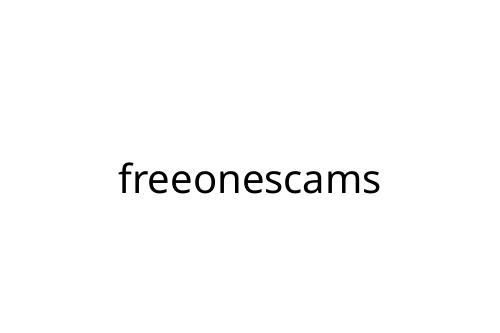




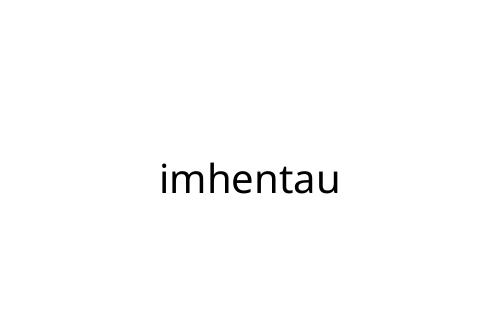
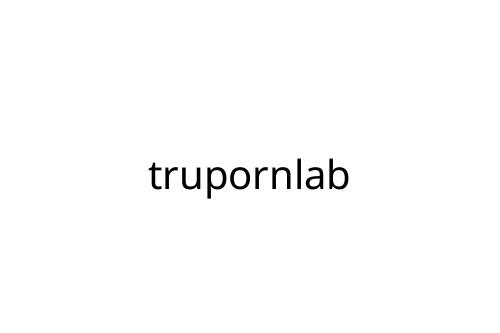
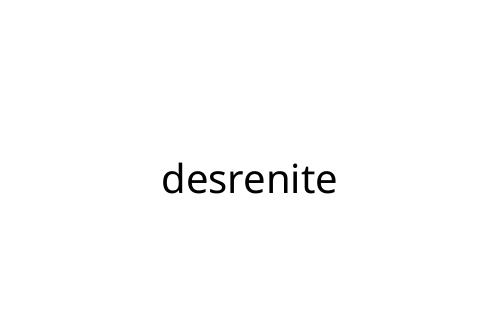
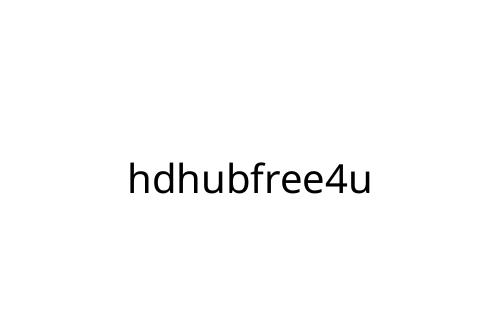

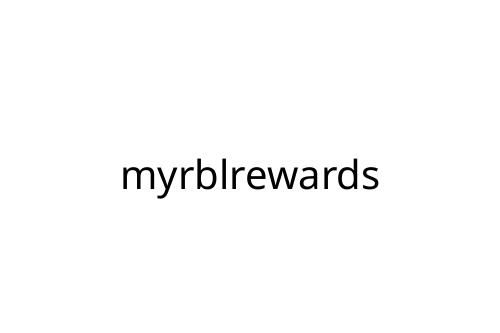
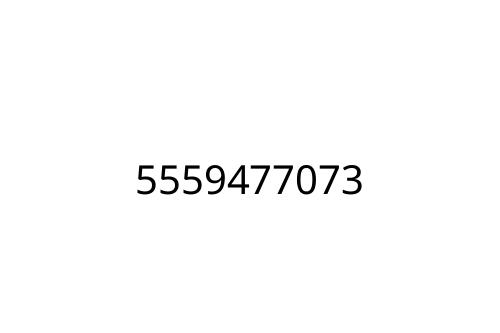
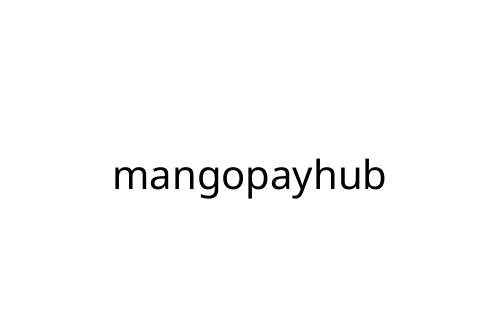



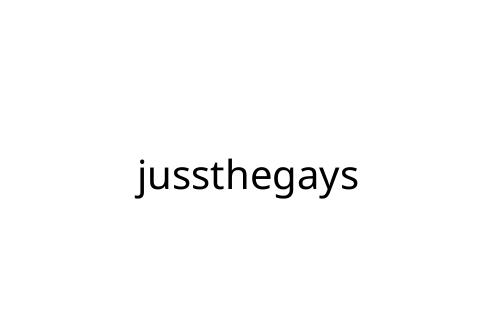
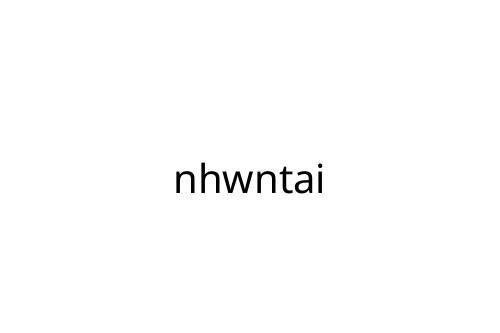






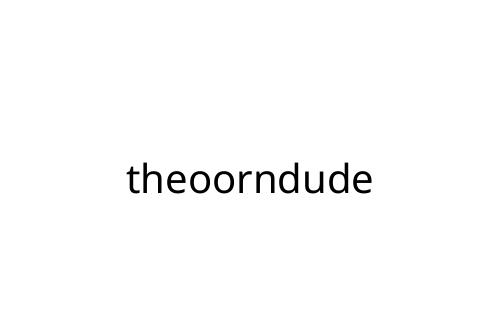
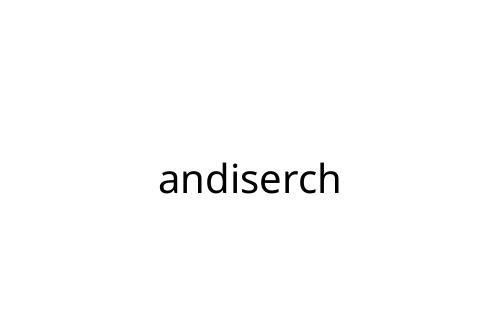



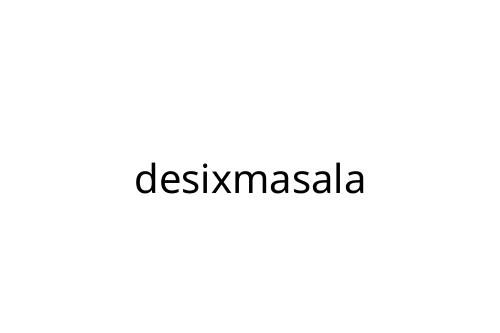


 Korlan Yvonthor is the co-founder of oddsempirerush and a leading voice in sports analytics. Combining technology, data, and strategy, he plays a key role in shaping the platform’s vision and delivering trusted resources for sports betting enthusiasts.
Korlan Yvonthor is the co-founder of oddsempirerush and a leading voice in sports analytics. Combining technology, data, and strategy, he plays a key role in shaping the platform’s vision and delivering trusted resources for sports betting enthusiasts.

